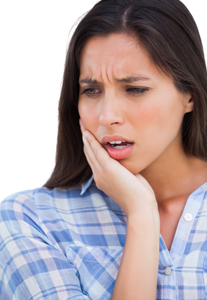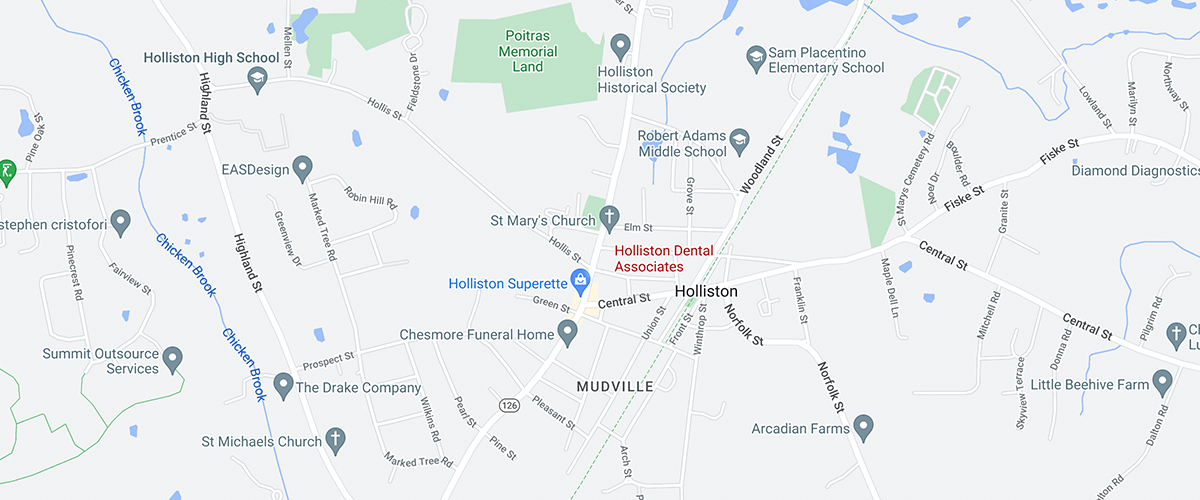Oral Health Concerns for Teens
January 25th, 2023

You have a lot more freedom as a teenager than you did as a young child. You also have a lot more responsibilities, and one of your jobs is to take care of your teeth. Develop and maintain good dental habits now so you can have great dental health for life!
Tooth Decay
As a teenager, you risk tooth decay, or dental cavities, if you are not careful. In fact, 59% of adolescents aged 12 to 19 have at least one cavity, according to the National Institute of Dental and Craniofacial Research. Dr. Edmond Massabni and our staff recommend keeping your teeth strong and healthy by brushing at least twice a day and flossing every day.
If you suspect that you have tooth decay, do not be embarrassed. Instead, ask your parents to bring you to Holliston Dental Associates to get it looked at. When you do not treat your dental cavities, they can turn into more serious problems. A severely damaged tooth may need to be treated with a root canal or even an extraction.
You can take easy steps to prevent tooth decay when you are at school or hanging out with your friends. Carry a bottle of water around with you so you can take a sip after you eat any kind of food. Choose water or milk instead of soda or sports drinks, and if you chew gum, select a sugar-free flavor.
Other Oral Health Concerns
You can probably think of many reasons why you should not smoke or use tobacco. Your oral health is another one. Tobacco gives you bad breath and stains your teeth yellow. It also increases your risk for gum disease and cancer of the mouth. Smoking even slows the speed of healing after you have dental procedures done.
Here are a few more tips that can keep your mouth attractive and healthy during your teen years.
- Drink plenty of milk.
- Limit candies and sugary snacks.
- Wear a mouthguard if you play a contact sport.
- Visit Holliston Dental Associates twice a year.
- Reduce infections and avoid piercing your tongue and lips.
You only get one set of permanent teeth in your life, so get in the habit of taking care of them now!



